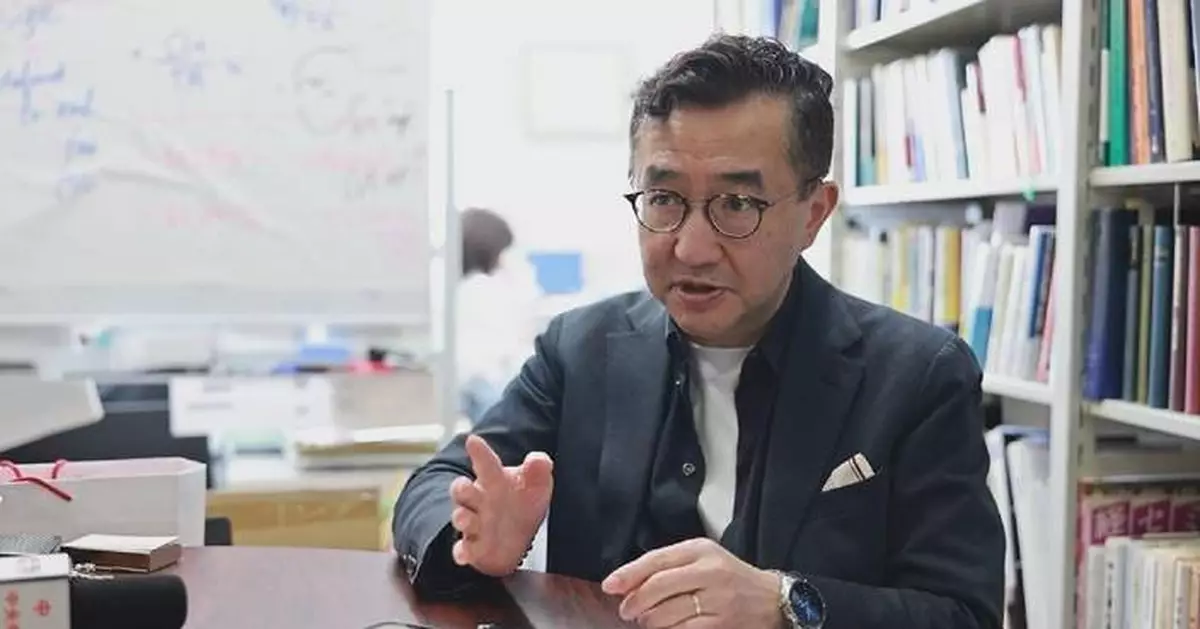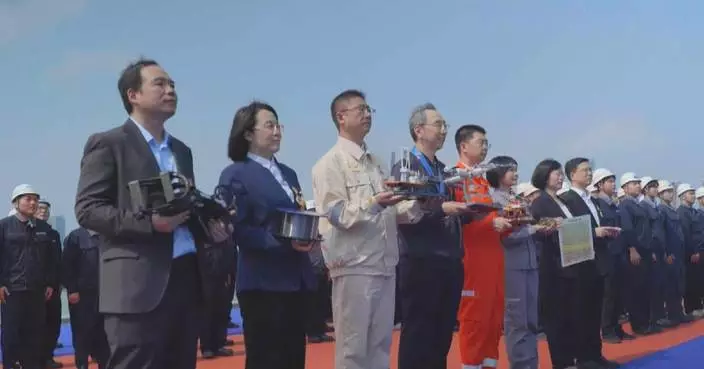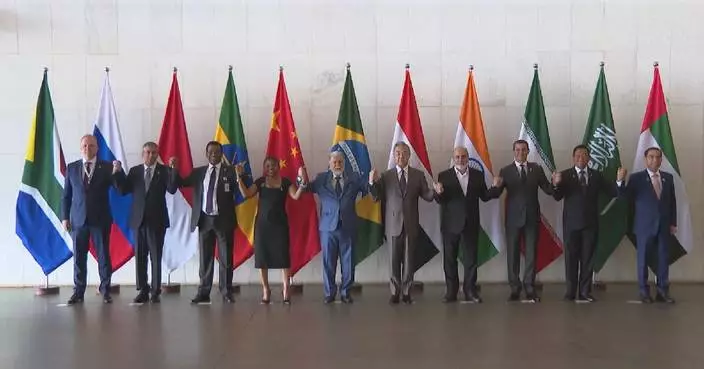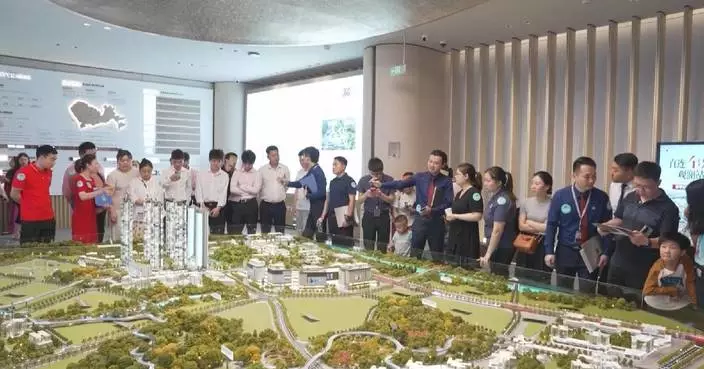Japan's economy faces major shocks after the United States imposed its "reciprocal tariffs" policy, according to a Japanese expert.
The U.S. has imposed a 25 percent tariff on imported cars and introduced an additional 24 percent reciprocal tariff on Japanese products starting Wednesday. These measures have raised concerns about potential systemic risks to the global economy.
In an interview with China Central Television Network (CCTV), Nobuhiko Hibara, an associate professor from Waseda University's business school, highlighted the severe impacts of the U.S. trade protectionist measures on Japan's key industries, including automobiles.
"Japan exports about 30 to 33 percent of its cars to the United States. So, that's the part which affected the most. If Japan's automobile exports to the U.S. decrease by around 500,000 vehicles, Japan's nominal GDP is projected to contract by approximately 0.3 percent. The impact is enormous. Of course, prices will go up. Consumption will also shrink," he said.
While the United States claims to address the hollowing out of American manufacturing, it is essentially a form of trade protectionism, noted the expert.
"Even if the so-called U.S. trade deficit is reduced by the imposition of tariffs, but if the trade volume itself decreases, even reducing the trade deficit will not help. So, countries are very worried right now about the risk of an overall global economic contraction," he said.
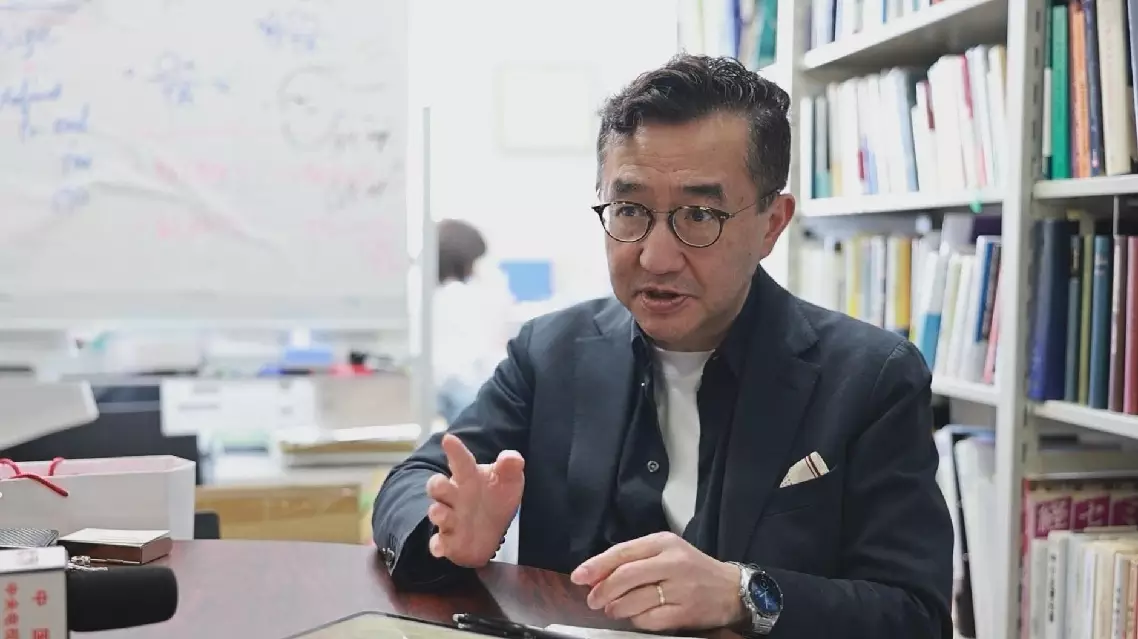
Japan's economy faces multiple shocks from US tariffs: expert
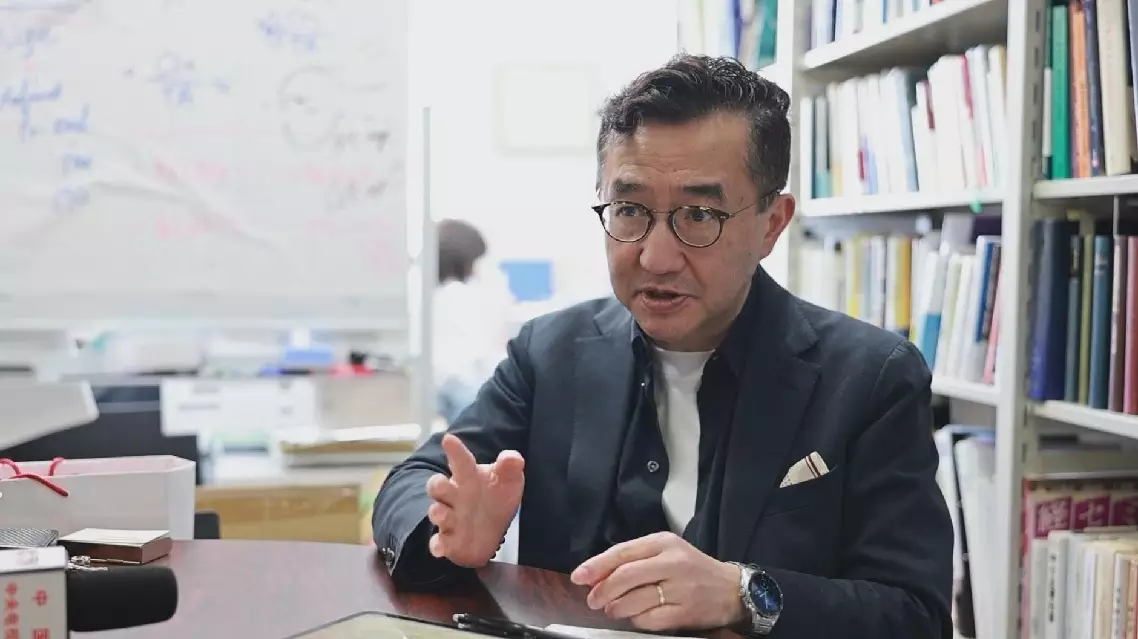
Japan's economy faces multiple shocks from US tariffs: expert
Brazilian President Luiz Inacio Lula da Silva met with visiting Chinese Foreign Minister Wang Yi in Brasilia on Wednesday, expressing the willingness to strengthen bilateral ties and expand cooperation.
Lula said that Brazil and China have built strong mutual trust and deepened cooperation across various fields, showing that Brazil's steadfast friendship with China is the right choice and a model for South-South cooperation.
He said that he looks forward to maintaining close high-level exchanges with China, further strengthening economic and trade ties, and expanding the mutually beneficial cooperation in finance, energy and other fields.
China's firm and forceful countermeasures against the "reciprocal tariffs" is admirable, said the Brazilian president, noting that China's just actions have received widespread support while certain country's irresponsible and unilateral practices warrant joint resistance.
Brazil is willing to work with China to advocate free trade, defend international rules, and counter any power overriding international justice, the president added.
Wang, who is also a member of the Political Bureau of the Communist Party of China Central Committee, said that China is willing to work with Brazil to implement the important consensus reached by the two heads of state and push for more outcomes in building a China-Brazil community with a shared future.
China will strengthen its cooperation with BRICS and Global South countries, adhere to multilateralism and safeguard international rules, he said.
On the same day, Wang attended the 15th Meeting of BRICS National Security Advisers and High Representatives on National Security in Brasilia.
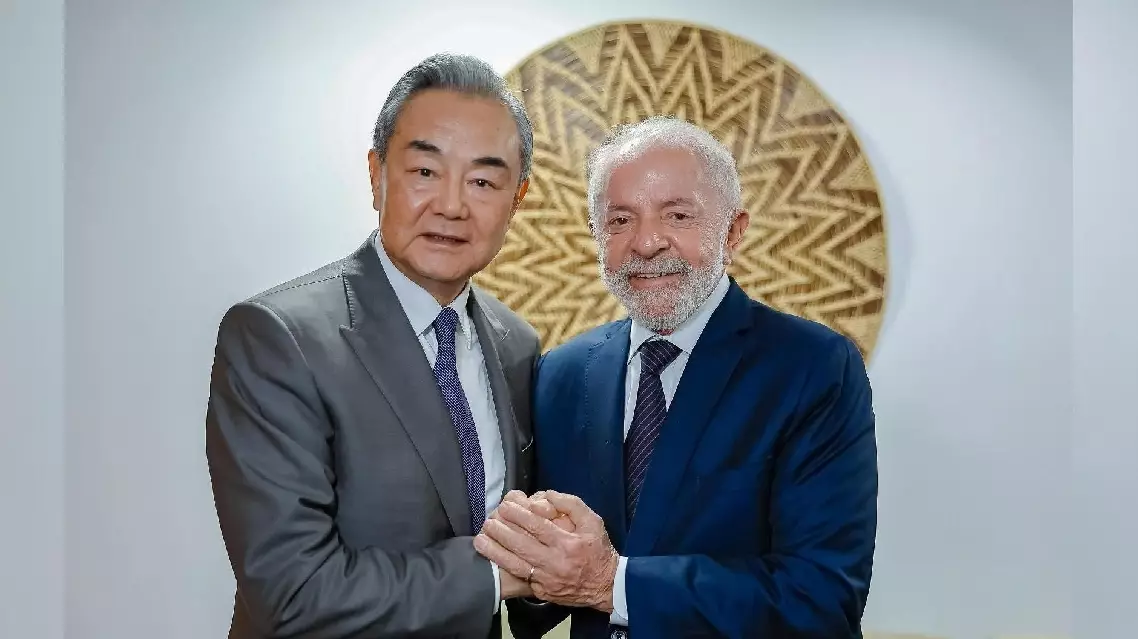
Brazilian president meets Chinese FM on closer ties, cooperation




